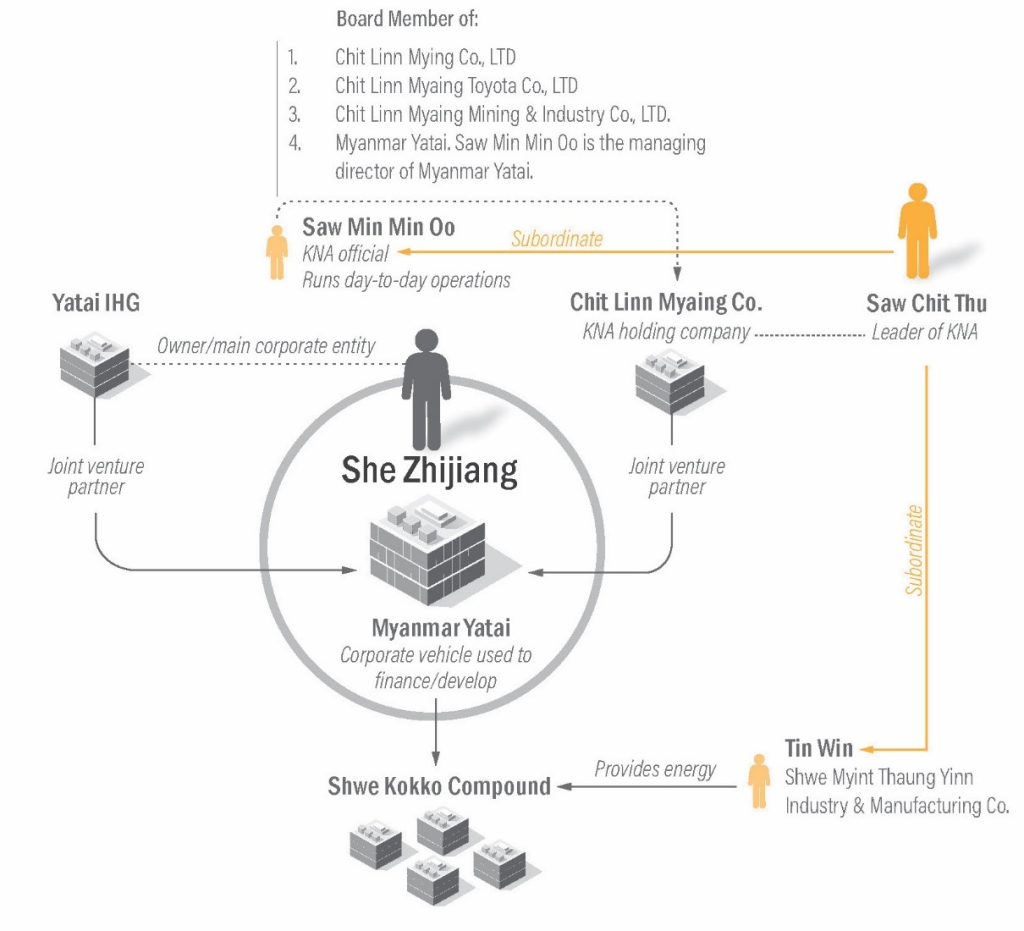
US Treasury Cracks Down on Southeast Asian Cyber Scams Exploiting Forced Labor
- Asian scams: OFAC sanctioned a large network of scam centers across Southeast Asia using forced labor and violence.
- Burma targets: The action includes nine targets operating in a notorious KNA-protected hub for virtual currency investment scams.
- Additional targets: Ten targets based in Cambodia were sanctioned for operating similar fraudulent enterprises
The U.S. Department of the Treasury has announced significant sanctions against a sprawling network of cyber scam centers across Southeast Asia. The action by the Office of Foreign Assets Control (OFAC) targets 19 individuals and entities in Burma and Cambodia involved in large-scale fraud operations, often powered by forced labor.
Targeted Networks and Operations
The Treasury sanctions cyber scam networks responsible for stealing billions from Americans in two primary locations. In Burma, nine targets are linked to scam compounds in Shwe Kokko, a hub notoriously protected by the OFAC-designated Karen National Army (KNA).
These Karen National Army scam centers are part of the Yatai New City complex, a major operational base for virtual currency investment scams that lure victims with false promises of romantic relationships or financial opportunities.
In Cambodia, ten targets were sanctioned for operating similar fraudulent enterprises from casino complexes in Sihanoukville and other regions. These groups coerce individuals, often recruited under false pretenses, into perpetrating scams.
The operations involve violence, debt bondage, and threats to force victims to defraud people online, with a specific focus on English-speaking individuals to target Americans.
“Southeast Asia’s cyber scam industry not only threatens the well-being and financial security of Americans, but also subjects thousands of people to modern slavery,” said Under Secretary of the Treasury for Terrorism and Financial Intelligence John K. Hurley.
Impact and Cybersecurity Measures
These Southeast Asia cyber scams have had a devastating financial impact, with U.S. government estimates showing that Americans lost over $10 billion to these schemes in 2024 alone, according to Hurley.
The sanctions block all property and interests in property of the designated persons that are in the United States, effectively cutting them off from the U.S. financial system.
This action represents a critical component of broader cybersecurity measures against scams. By targeting the ownership structures and key operators, Treasury aims to dismantle the financial infrastructure that enables these transnational criminal organizations.
The move builds on previous designations and a FinCEN alert identifying money laundering concerns. In August, a fifth individual was convicted in a Nigerian money laundering scheme targeting Americans with romance and BEC scams.









